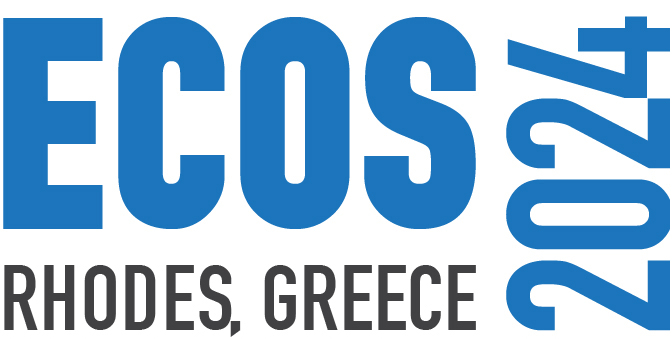The OCEAN project aims to reduce navigational accidents by enhancing the performance of navigators. This support extends beyond immediate navigational awareness—such as detecting marine mammals and floating containers—and includes improving evasive maneuvers and other mitigating actions. The project will delve into and address key factors contributing to accidents, including training, technical, human, organizational elements, operational constraints, processes, procedures, commercial pressures, and regulatory shortcomings.
From an implementation standpoint, OCEAN will develop new design methods and operational processes, integrating existing technologies to offer novel and improved functionalities. A crucial aspect is the comprehensive assessment of the overall navigation situation by the operator. The project seeks to provide an integrated presentation of near-field threats and navigational obstacles. Key outputs will include an Evasive Manoeuvring Agent that works with existing ship systems to continuously assess navigational safety regarding grounding, collisions with other ships or structures, and other threats, along with visualizing advanced maneuvering predictions.
OCEAN will propose the creation of a European Navigational Hazard infrastructure to collect, process, and distribute data on the presence of marine mammals and floating containers. Further innovations will contribute to upcoming and revised international maritime communication standards and practical methods for designing maritime instruments and devices, all demonstrated in consolidated scenarios.

